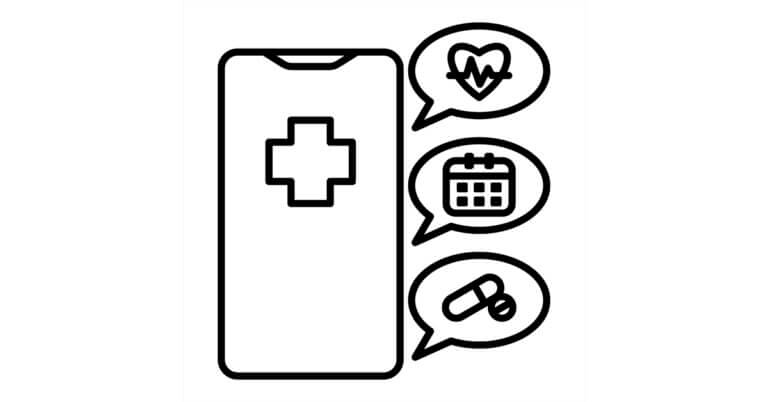October 21, 2021

The Health Literacy Gap Between Doctors and Patients
Overheard in every household in the U.S. at one point or another:
Someone other than you: “Well, what did the doctor say?”
You: “I don’t know” or “I don’t remember” or “I’m not really sure.”
Someone other than you sighs.
Health literacy isn’t just about understanding your health insurance benefits from your insurer or your employer. It’s also about listening to and understanding what your doctor or another provider told you during your visit, whether that’s what’s wrong with you or what you should do to get better.
That point, which I neglected to mention in other recent pieces on health literacy, was driven home by the results of a new survey from the American Health Information Management Association Foundation. You can download the 36-page survey report, Understanding, Access and Use of Health Information in America, from the AHIMA Foundation here.
The foundation asked a representative sample of 1,059 adults in the U.S. age 18 or over a number of questions about how and where they get information about their own health. And, as it turns out, a lot of them said they don’t get it from their doctor during an office visit. For example:
- 62 percent said they were not “extremely confident” in their understanding of the health information that they discussed with their doctor
- 31 percent said they don’t immediately remember the health information that they discussed with their doctor after a visit
- 24 percent said they don’t understand all the medication information that their doctor gave them during a visit
- 15 percent said they sometimes feel more confused about their health after a doctor’s visit
When they can’t get or don’t get health information from their doctor, many of them get it from the “street,” where many of them also get their information about their insurance benefits. For example:
- 42 percent said they research their doctor’s recommendations after their appointment
- 80 percent of those who said they research their doctor’s recommendation after their appointment do it online
- 86 percent said they believe that the information on the Internet is credible
- 29 percent said they talk to non-medical friends, family members and colleagues
- 22 percent said they read office pamphlets, articles or journal reviews
- And 6 percent said they call an 800-phone number (I’m hoping related to their medical situation or condition)
So now what we have is a health literacy gap between patients and their doctors over medical care and a health literacy gap between employees and employers (or members and health plans) over benefits. In both cases, the gaps are driving consumers to alternative sources of information about their health and about their insurance coverage. That would suggest that providers and payers have failed to educate their patients, employees and members about how to use the healthcare system more effectively.
Oh, who I’m I kidding? We know providers and payers have failed in that regard. It’s why we need care managers and patient navigators with so many start-ups trying to fill that void. It’s almost as if providers and payers don’t really want educated patients, employees and members. Hmm….
If you’d like to learn more about the challenge of health literacy, check out:
- “The Real Test of Health Literacy”
- “Are Employer and Employee Health Benefits Falling in Line?”
- “Health Literacy Assembly Required”
All on 4sighthealth.com.
Thanks for reading.





